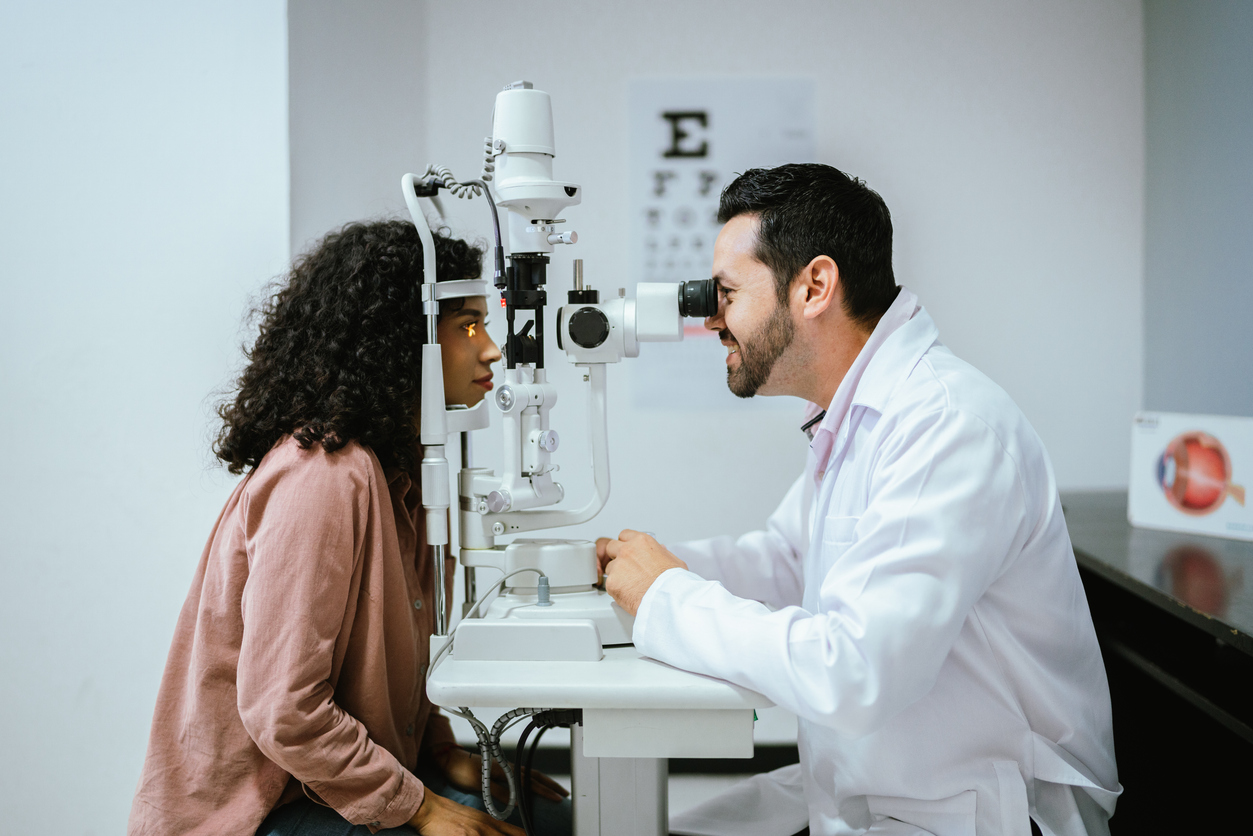Our Services
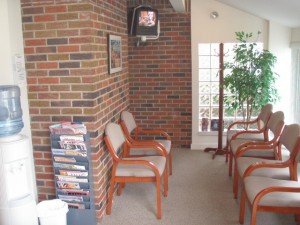
Routine Eye Exams &
Comprehensive Analysis
All routine eye exams provide a comprehensive analysis of a patient’s visual status. Typically, a thorough medical history is taken first. Patients are instructed to bring a list of current medications and dosages including vitamins, over-the-counter medications, and herbal supplements, along with their eyeglasses and/or contact lenses. Patients will then have visual acuity (how well they see), pupil function, extraocular muscles, and peripheral vision tested. A refraction, or test for eyeglasses prescription change, will be performed to determine if a new eyeglass prescription is needed. The doctor will then do a slit lamp exam that evaluates the health of the front of the eye. The intraocular pressure (Glaucoma test) will be measured. The back of the eye (Retina) will be examined using bright lights and special lenses, sometimes requiring dilating eye drops.
Many eye problems can develop without warning and progress with no symptoms. Early on, you might not even notice any change in your vision. However, diseases such as macular degeneration, glaucoma, retinal tears or detachments, as well as other health problems such as diabetes and high blood pressure can be detected with a thorough exam of the retina. The retina is the part of your eye that catches the image of what you are looking at, similar to the film in a camera.
Our services include comprehensive eye exams, diagnosis and treatment of eye diseases (from conjunctivitis to glaucoma), eye emergencies, prescription eyeglasses, and contact lenses. Our bright and cheerful offices include beautiful optical showrooms with exclusive lines of designer frames and a caring staff of optometrists and opticians. To get started, contact us today.
Contact Lens
Examinations
All of our contact lens patients are required to have a comprehensive contact lens exam yearly. This ensures continued ocular health and a valid contact lens prescription. Contact lens wearers are asked to wear their contact lenses to their exam and to bring their glasses along with them. When the patients are first seen, their vision will be checked. The doctor will evaluate the fit of the contact lenses to make sure they are working properly. They are also checked for protein deposits which can form on the contact lenses and for anything else which could compromise their ocular health. The patient will then remove their contact lenses and a routine exam will then be performed.
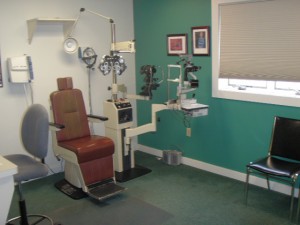
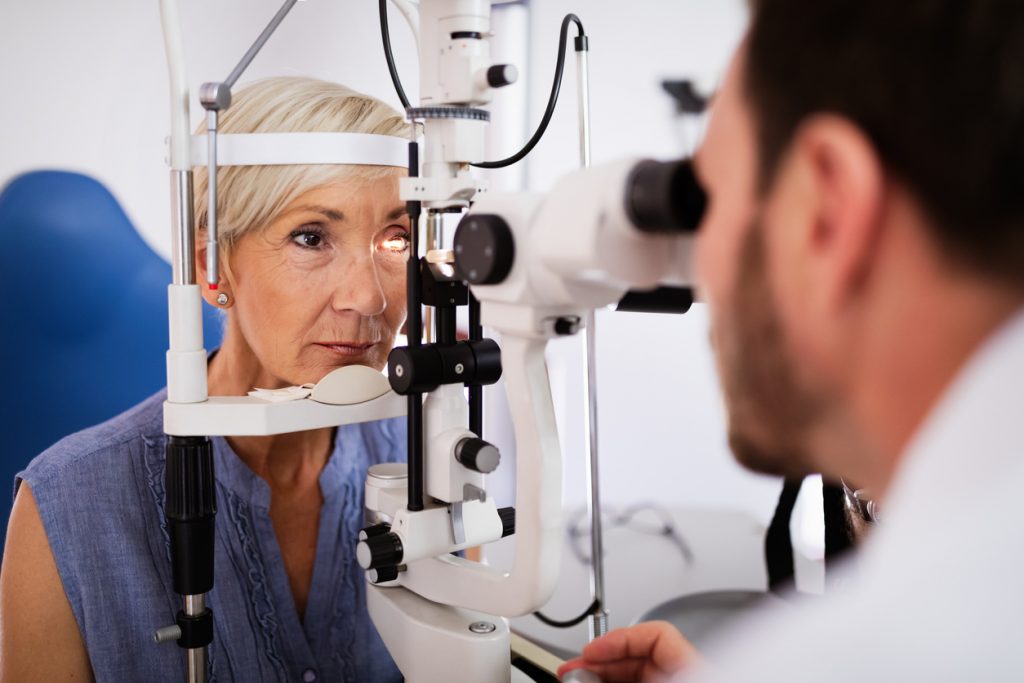
One Of The Largest & Finest
Contact Lens Department
The Contact Lens department at West End Family Eye Care is one of the largest and finest in Pennsylvania. We offer a wide variety of contact lenses including soft disposable lenses in single vision, toric, and bifocal designs. We also offer a variety of colors.
Our doctors utilize the latest technology to fit lenses in both soft and gas permeable materials, providing our patients with state-of-the-art quality. At West End Family Eye Care, we pledge to make certain that our patients get the correct fitting instructions and follow-up care to ensure the continued health of their eyes.
Our contact lens service provides primary care for contact lens wearers as well as specialty contact lenses for your specific visual needs and lifestyle. We offer the newest innovations in contact lens materials, designs, and lens care systems to optimize vision, enhance comfort, and maintain excellent ocular health.
We take pride in prescribing contact lenses that best suit the needs of your individual lifestyle
Yearly contact lens eye examination – Since contact lenses actually rest on the surface of the eye, we will provide a series of tests yearly to determine your eye health and evaluate your vision correction. This is important to maintain your best possible eye health and visual acuity.
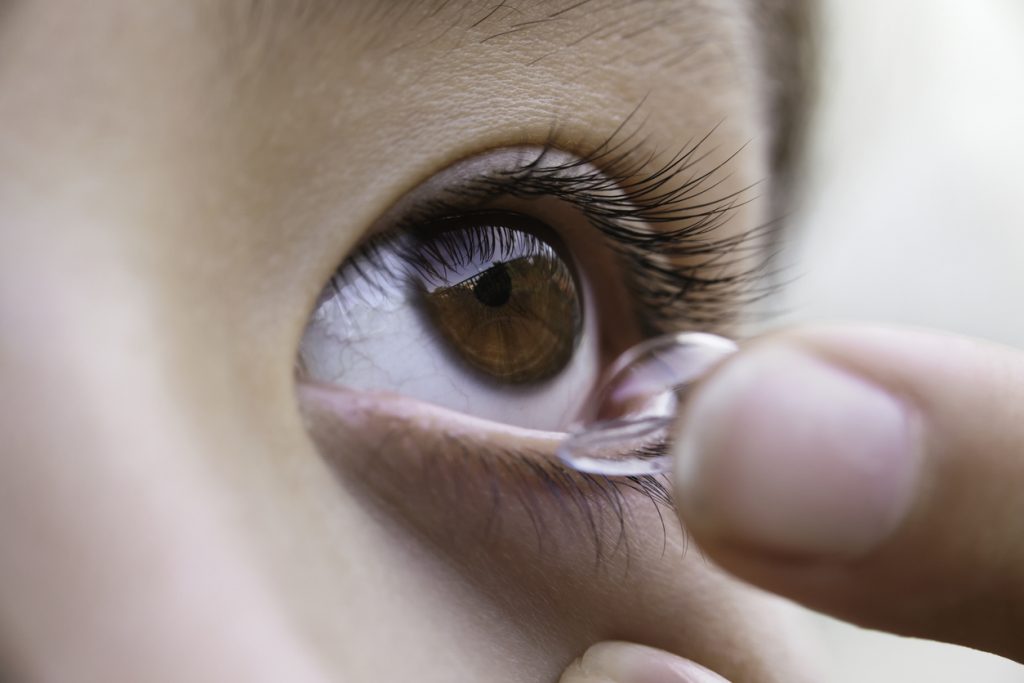
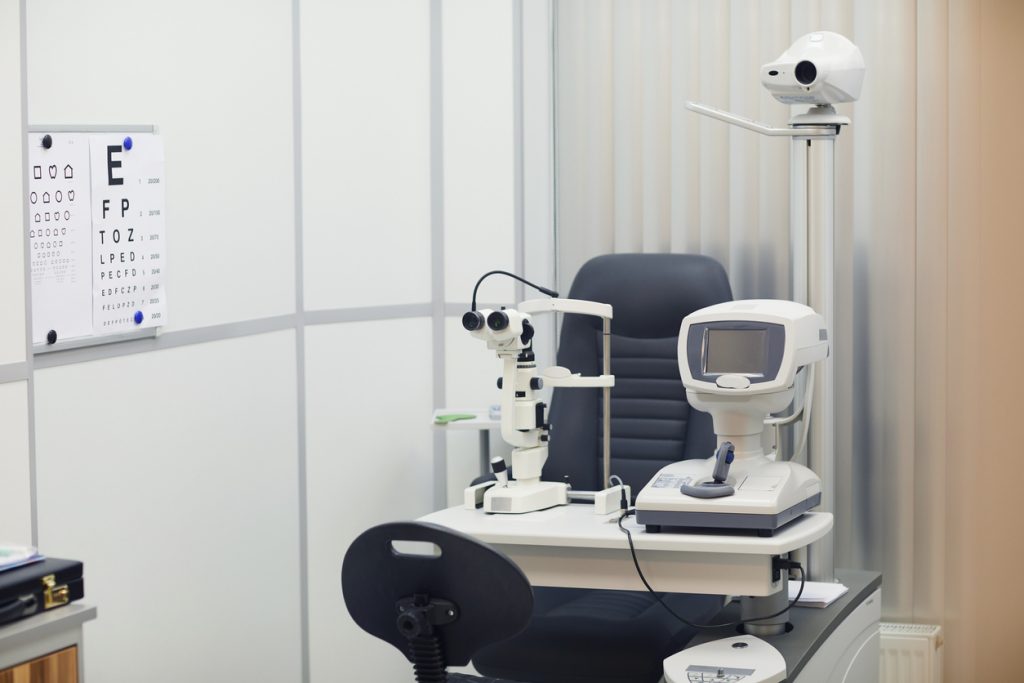
Eye Conditions
That We Care For
Cataract
- Opacity or clouding of the human lens. When this clouding impairs vision, surgery may be required.
Diabetic Retinopathy
- Retinal changes in people with Diabetes. Growth of new blood vessels in the retina that break and cause hemorrhages. It is very important that people with diabetes have annual eye exams. Changes in the retina may not always be apparent to the patient, and a dilated exam may catch early signs.
Dry Eyes (Keratitis Sicca)
- When the eyes do not produce as many tears, or that the tears are not staying on the surface of the eye as long as they should. Your eye doctor may be able to help soothe the symptoms with drops or other procedures.
Glaucoma
- There are many different types of glaucoma, but generally it is when the intraocular pressure in the eye is elevated. This can cause damage to the optic nerve which in turn causes a decrease in the patients visual field (or peripheral vision). Patients usually can not feel their pressure fluctuate or may not notice a decrease in their visual field. It is very important to keep regular check ups with your doctor in order to track your pressure.
Headaches
- If you have a headache in or around your eyes it may be from eyestrain. This can be triggered by being stressed, tired, or working in poor lighting conditions. Your eye doctor can examine your eyes to rule out any eye health problems.
Migraine
- A Migraine is a type of vascular headache that affects about one person in ten. Visual Symptoms may occur, such as flashes of light, zigzag lines, or even temporary loss of vision.
Lazy Eye (Amblyopia)
- In some children, sight does not continue to develop properly in one eye even though the structures of the eye are normal and healthy. Often associated with eye muscle imbalance and crossing of the eyes.
Macular Degeneration
- Macular degeneration is a term for a number of different disorders that have a common end result: the light-sensing cells of the central region of the retina, the macula, malfunction and eventually die, with gradual decline and loss of central vision, while peripheral vision is retained. Although there is no cure, there are certain instances in which severe visual loss may be prevented and therefore annual eye exams are important.
Retinal Detachment
- A Retinal Detachment is a serious condition that can lead to severe visual impairment or even total blindness. The retina is the back layer of the eye and acts like the film of a camera. If any section of this retina is lifted or pulled from it’s normal position this can cause some vision loss. The symptoms of a retinal detachment can be: a curtain of darkness comes into your vision, bright flashes of light, or even a “spider web” effect in your vision. You should call your eye doctor as soon as possible.
Learn More About Us
FAQs
We recommend a comprehensive eye exam once a year, especially if you wear glasses or contact lenses, have a family history of eye conditions, or are over the age of 40. Children should have their first eye exam around age 5, and more frequently if advised by an eye doctor.
Yes. We provide gentle and thorough eye exams for children, helping detect early signs of vision problems, lazy eye, or eye misalignment. Good vision is essential for learning and development, so regular checkups are important.
We accept most major vision insurance and medical insurance plans. If you're unsure about your coverage, our team will help verify your benefits and explain any out-of-pocket costs.
